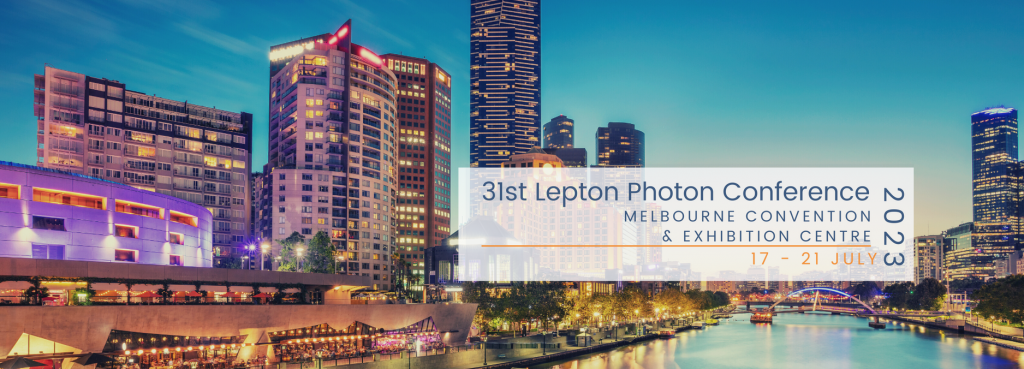The LA-CoNGA physics project presented its experience at the Lepton Photon 2023 conference, sharing its innovative efforts to promote scientific collaboration and accessibility in Latin America. The 31st International Symposium on High Energy Lepton-Photon Interactions was held in Melbourne, hosted by Monash University. The event provided a platform for the scientific community to come together and share their latest findings and advances in the field of particle physics.
Designed to bring together astrophysics, astronomy and high energy physics, LA-CoNGA physics has been at the forefront of establishing Virtual Research and Learning Networks (VRLCs), bridging the gap between continents and forming international consortia that empower the next generation of scientists.
With the vision of modernising the university infrastructure and improving the pedagogical offer in advanced physics, LA-CoNGA Physics covers four Latin American countries: Colombia, Ecuador, Peru and Venezuela. This alliance is strengthened by three partner universities in Europe, eight in Latin America and scientific collaborators such as CEA, CERN, CNRS, DESY and ICTP, as well as several academic and industrial partners.
At its core, LA-CoNGA Physics embraces the principles of open science education and the use of open data, advocating a transparent and inclusive approach to scientific research. As part of its approach, LA-CoNGA Physics has developed a comprehensive set of postgraduate courses in advanced physics, focusing on high energy physics and complex systems. These courses promote knowledge exchange and collaboration between Latin American students and researchers.
The interconnected instrumentation laboratories and the open learning platform provide access to educational resources in an agile way. Together with the deepening of high-energy physics theory, data science and instrumentation, LA-CoNGA Physics lays the foundation for a new generation of researchers with diverse expertise.
Beyond academic courses, LA-CoNGA Physics fosters a vibrant learning environment through seminars, citizen science projects and open science hackathons, providing students with a comprehensive science education.


Leave a Reply